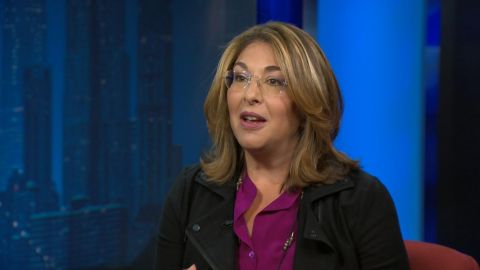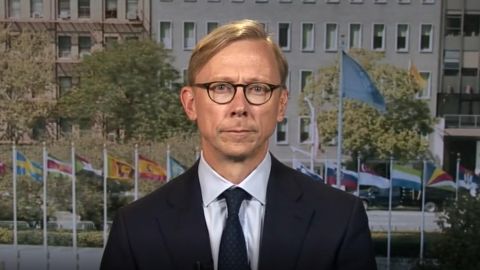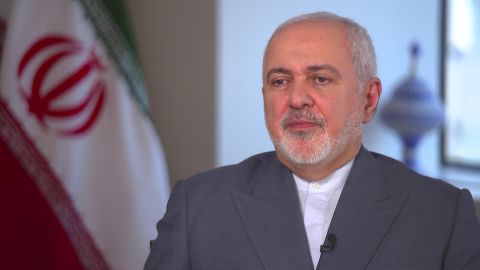Read Transcript EXPAND
CHRISTIANE AMANPOUR: What do you expect to come out of these meetings? What is the U.S. end game for this week, at least?
BRIAN HOOK, U.S. SPECIAL REPRESENTATIVE FOR IRAN: We think it’s important that the international community defend international norms like protecting sovereignty and freedom of navigation. We think that the world needs to diplomatically isolate Iran for violating Saudi sovereignty, for repeated attacks on freedom of navigation. There’s an important role for the U.N. Security Council to play. There’s an important role for the European Union. I met this morning with European Union diplomats and called on the E.U. to match our sanctions on Iran’s missile program so that we can help restore deterrents in the Middle East.
AMANPOUR: Are you also trying to take this moment to say to the Europeans, well, there you are. We told you so. Our policy of maximum pressure is the correct one. You don’t like it. You blame us for this escalation by pulling out of the JCPOA, the nuclear deal. Are you saying now you’ve got to come on to our side not just on missiles but on sanctions, as well?
HOOK: Well, you ask a very good question. One year ago, I was here in New York for the General Assembly. I met with European diplomats and I said that we are accumulating risk of a regional war if we don’t get serious about deterring Iranian aggression, and I think the facts have born that out. We have put in place a policy of economic pressure and diplomatic isolation because we have to deny revenue to the world’s leading sponsor of terrorism. There’s — this is a clear violation of so many of the international norms that countries around the world claim to defend. Iran crossed the line in its attack on Saudi Arabia. There have been over 40 attacks since May alone on threatening freedom of navigation, terrorism, failed attempts, maligned behavior. It’s important that the world hold Iran accountable.
AMANPOUR: So, Mr. Hook, can you tell us what exactly is the forensic proof and evidence you have. Because, obviously, you all believe Iran did it. Iran denies it. But there surely has to be a bar, right, a level of proof before you engage at the very most in military intervention.
HOOK: Even John Kerry said that Iran was behind these attacks. The U.K. foreign minister said Iran is behind the attacks. Saudi Arabia has said so, the United States.
AMANPOUR: But what’s the proof, Mr. Hook?
HOOK: Other countries will be joining us.
AMANPOUR: What is the proof?
HOOK: Well, the proof is —
AMANPOUR: Can we see the evidence?
HOOK: Well — yes, the evidence has already been released. These missiles came from the north. If you look at the satellite imagery of what we released, it’s very clear that these drone attacks and the missile attacks came from the north. The Houthis claim that they did the attack. It’s impossible for missiles to be launched from Yemen and to hit from the north. And Iraq has said — the Iraqi government has said — made very clear that the attacks did not originate in Iraq.
About This Episode EXPAND
Iranian Foreign Minister Javad Zarif sits down with Christiane Amanpour to discuss the recent attack in Saudi Arabia. U.S. Special Representative for Iran Brian Hook joins the program to give his perspective from the UN. Naomi Klein explains her new book “On Fire: The (Burning) Case for a Green New Deal” to Hari Sreenivasan.
LEARN MORE


